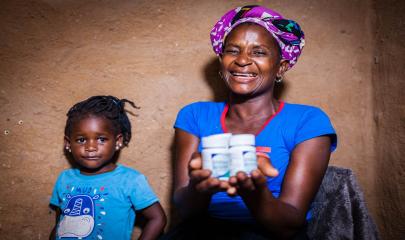At Abt, Impact means changes for people, organizations, systems, and the planet that promote meaningful progress towards our Mission. Our Mission Impact Reports share insights into how we make this happen every day.
At Abt, Impact means changes for people, organizations, systems, and the planet that promote meaningful progress towards our Mission. Our Mission Impact Reports share insights into how we make this happen every day.

In Mozambique, the largest transition to locally led HIV program in the world is underway.

Cancer is one of the most expensive and complex conditions to treat. But can better care for cancer patients also cost less?

For the Department of the Interior, streamlined data access and user-friendly tools that strengthen coastal protection, marine minerals access, and environmental resilience.

Supporting Massachusetts in developing cumulative impact analysis and protective air permitting tools.
